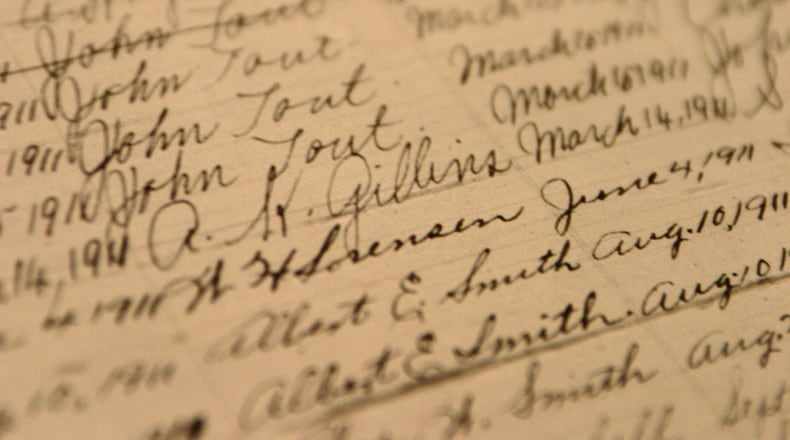The Colony of Georgia was founded on February 12, nearly three centuries ago, when James Edward Oglethorpe arrived at Yamacraw Bluff, now known as Savannah.
The original settlers left England in mid-November, with the Georgia Board of Trustees paying for the passage of most of them. They arrived first in Charleston and then Port Royal, South Carolina. There, they freshened up, stayed in barracks and prepared for the final stage of their trip. Because their ship could not go into shallow waters, six smaller craft carried the 114 original settlers.
According to Thomas Causton, writing to his wife in London, Savannah was a “wood,” with a small clearing, and tents erected by the advance party. It was a stark contrast from the London they had left. The first year was rough, and many died the first summer. Other settlers trickled in during the year as the Trustees vetted and sent them.
Savannah was laid out, and each head of household was given a town lot, a garden lot and a farm lot. The assumption was that these Londoners could learn to farm. As a charity colony, wealthy citizens and London churches sent donations to the Trustees. The colony’s creation and life there under the Trustees is extremely well documented, mostly in records kept by the Earl of Egmont (John Percival). You can find accounts both in book form and now digitized at the Digital Library of Georgia. London newspapers frequently carried news of the colony, and these newspapers are now digitized online. Georgia survived, so it’s time to celebrate once more.
Time of birth
Does your birth certificate record the time of your birth? In surveying my family’s birth certificates, I find it was on some, like my mother’s from 1922, but not mine. Best find out if you don’t already know.
Documenting early Georgia
The Georgia Historical Society in Savannah and the Georgia Archives both have educational materials online about Georgia’s founding.
Contact Kenneth H. Thomas Jr., P. O. Box 901, Decatur, Ga., 30031 or www.kenthomasongenealogy.com.
About the Author
Keep Reading
The Latest
Featured



